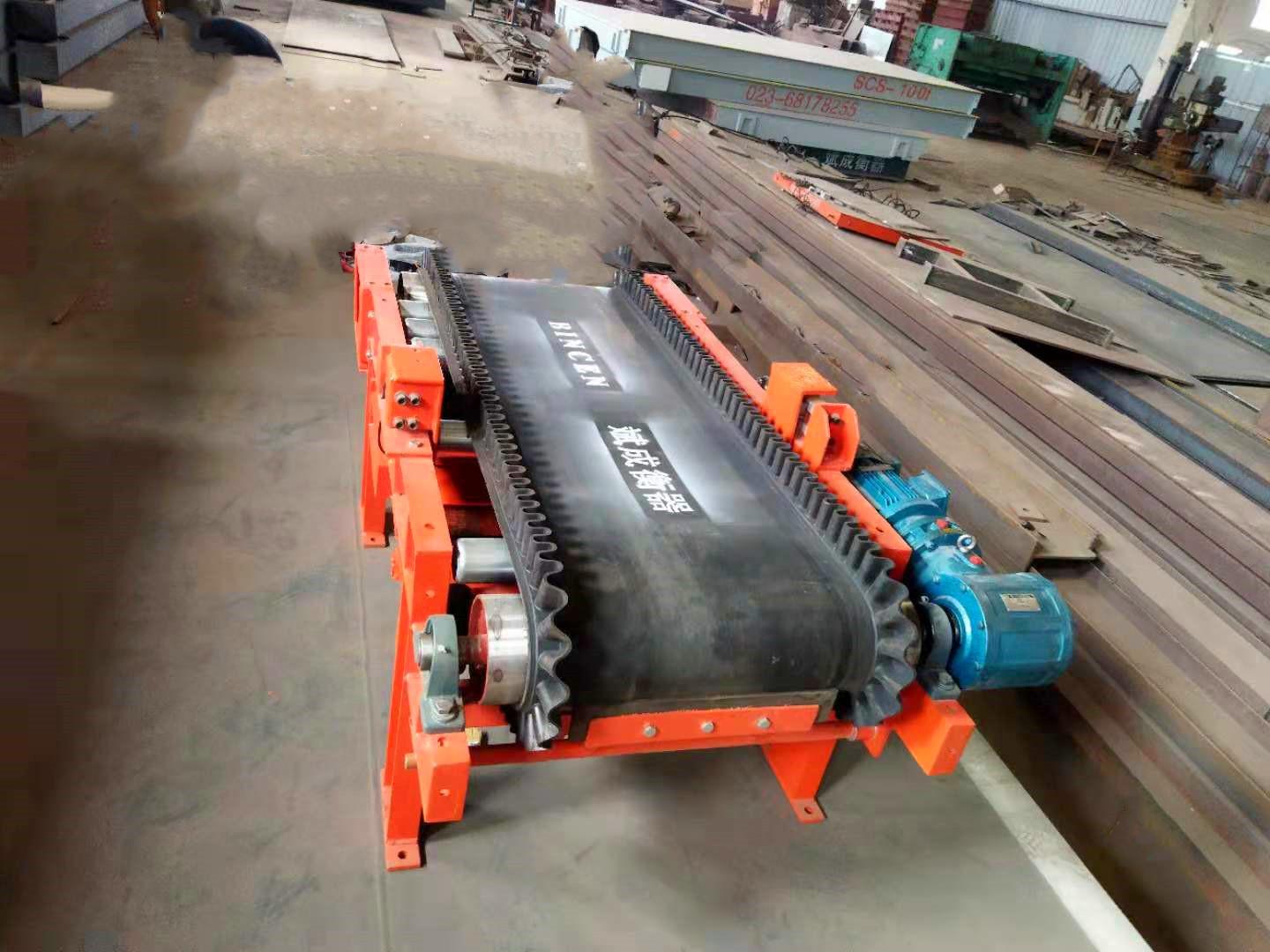Belt Scales Find New Applications in Unexpected Industries

For decades, belt scales have been the workhorses of bulk material handling, faithfully measuring the tonnage of everything from coal to gravel in mining and aggregate operations. But these versatile tools are breaking free from their traditional roles and finding innovative applications in entirely new industries. Let's explore how belt scales are making a difference in unexpected sectors:
1. Food Processing: A Recipe for Efficiency
Food safety and precise portion control are paramount in the food processing industry. Belt scales can ensure both by accurately measuring ingredients like flour, sugar, and grains as they move along conveyor belts. This real-time data allows for:
Recipe Consistency: Precise ingredient measurement guarantees consistent product quality, taste, and texture, a crucial factor for maintaining brand reputation.
Minimized Waste: Accurate measurement reduces overfilling and spillage, leading to less waste and improved profitability.
Inventory Management: Real-time data on ingredient usage helps optimize inventory levels, preventing shortages and unnecessary storage costs.
2. Pharmaceutical Manufacturing: Precision Dosing, Guaranteed
The pharmaceutical industry demands meticulous accuracy. Belt scales are stepping up to the challenge by measuring the flow of bulk pharmaceutical powders, ensuring precise dosing in medication production. This translates to:
Enhanced Product Safety: Accurate measurement safeguards against under or over-dosing, guaranteeing the efficacy and safety of vital medications.
Improved Production Efficiency: Real-time data allows for continuous monitoring and adjustment of material flow, optimizing production processes.
Reduced Risk of Contamination: By minimizing spillage and dust generation, belt scales can contribute to a cleaner production environment, reducing the risk of contamination.
3. Delicate Material Handling: A Gentle Touch with Precise Results
Belt scales are no longer limited to heavy-duty applications. Advancements in technology have made them suitable for handling delicate materials like plastics, chemicals, and even electronics components. This allows for:
Accurate Inventory Control: Precise measurement of even small quantities of expensive or sensitive materials ensures accurate inventory control and reduces the risk of theft or loss.
Minimized Product Damage: Modern belt scales are designed for gentle handling, preventing damage to delicate materials during transport and measurement.
Improved Production Processes: Real-time data on material flow helps optimize production processes for delicate materials, ensuring consistent quality and minimal waste.
The Future of Belt Scale Innovation
The future of belt scales in new industries is brimming with potential. We can expect advancements like:
Integration with Automation Systems: Seamless integration with automated factory systems will further streamline production processes and data collection.
Enhanced Data Analytics: Advanced analytics capabilities will allow for deeper insights into material flow patterns, leading to further optimization and cost savings.
Self-Calibration Technologies: Self-calibration features will minimize downtime and human error, ensuring consistent accuracy and smooth operation.
Conclusion
Belt scales are shedding their image as tools solely for traditional industries. By embracing innovation and adapting to new needs, they are proving their value in diverse sectors like food processing, pharmaceuticals, and delicate material handling. As technology continues to evolve, we can expect belt scales to play an even greater role in ensuring efficiency, precision, and safety across a wide range of industries.
- Art
- Causes
- Crafts
- Dance
- Drinks
- Film
- Fitness
- Food
- Juegos
- Gardening
- Health
- Home
- Literature
- Music
- Networking
- Other
- Party
- Religion
- Shopping
- Sports
- Theater
- Wellness
